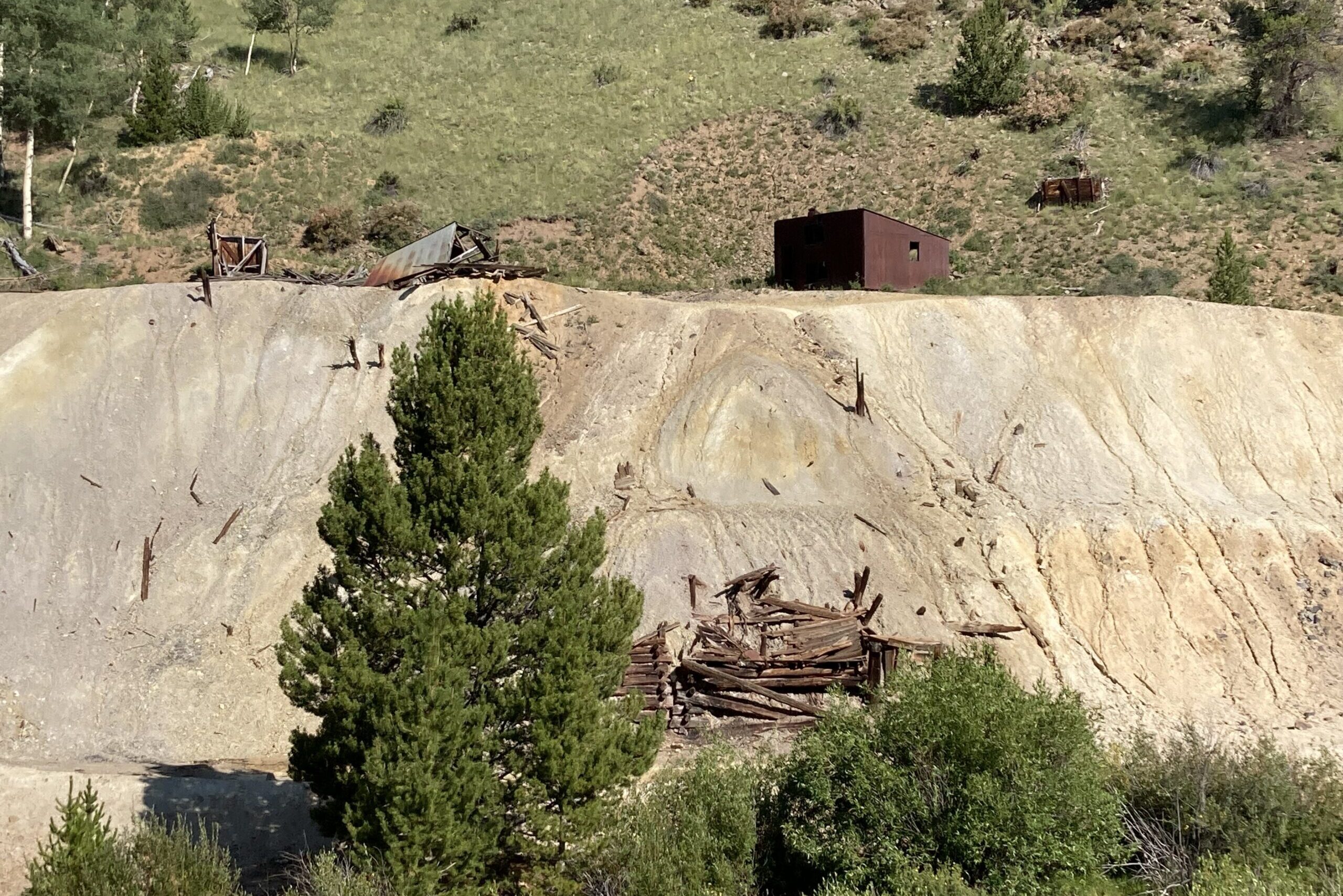
The Vail Valley is on the world stage this week, as ski stars like Ted Ligety of Utah and Colorado's own Lindsey Vonn compete in the FIS Alpine World Championships in Beaver Creek and Vail itself. Thousands of fans have flocked to the ski resorts and surrounding towns to catch a glimpse of the excitement.
Away from the television cameras, though, are thousands of low-wage workers who clean the valley's hotel rooms and cook food in its restaurants. While it’s not easy to make ends meet working jobs like that anywhere, service industry workers in the Vail Valley face a unique challenge: finding an affordable place to live in one of the most expensive counties in the state.
With the median monthly rent in Eagle and Summit counties at more than $1,100 -- $200 more per month than the median rent in Denver -- many low-income families take one of two approaches to make ends meet: commute daily from neighboring counties like Lake and Garfield, or rent rooms in their homes -- often in trailer parks.
Earning 'just enough' to survive
 “You get used to it,” Erika Gonzalez says in Spanish, while sitting in the kitchen of her four-bedroom trailer in Edwards. She has one of those rooms, her two boys share another and she rents out the rest. “It’s much harder when you’re single, and there are many single moms around here.”
“You get used to it,” Erika Gonzalez says in Spanish, while sitting in the kitchen of her four-bedroom trailer in Edwards. She has one of those rooms, her two boys share another and she rents out the rest. “It’s much harder when you’re single, and there are many single moms around here.”
Gonzalez said she moved to the valley more than 10 years ago from Mexico with her husband. She has a visa that allows her to work legally. They've since separated and he moved back to Mexico, while she’s remained with her two sons.
The $1,200 she makes monthly from her full-time job at Subway in West Vail barely covers rent for the lot her trailer sits on, but she says the daily struggle is worth it for her kids to go to the area schools.
“We earn very little. The money is just enough to survive,” she said. "I have no choice but to rent out bedrooms."
The trailer is neat but it’s dark, the floorboards are buckling and the place needs a paint job. Gonzalez said the water is so bad she has to buy it at the grocery store. The electricity goes out all the time. But moving back to Mexico or to Denver isn’t really option; she paid $18,000 for the trailer and moving it isn’t realistic. Plus, her life is here now.
“I’m afraid to move because the kids are used to it here and the schools are better and I have support,” Gonzalez said.
Gonzalez says at this point, she’s pretty used to renting out much of her house. Families doubling up is something you find over and over again here at Eagle River Village which has 300 units -- mostly rundown -- many with multiple families. The trailer park is tucked into a hillside in the shadow of a development with multi-million dollar homes.
It’s areas like this that house some of Eagle County’s poorest residents. The county, much like the rest of Colorado, is starting to see its child and overall poverty rates decline, but it has a long way to go to return to pre-recession levels.
Desire to stay
Gonzalez’s neighbor in the trailer park, Maria Medina, is also raising her four children alone after her husband left for Mexico to avoid forced deportation. But she doesn’t want to leave.
“I’m afraid to move to the city,” she said, comparing Denver to Juarez, a major city on the Mexico-Texas border that’s been caught in the ongoing drug war.
Medina, like many others working service jobs in the valley, is an undocumented immigrant. A U.S. Census Bureau survey from 2009-2013 shows there's more than 6,500 non-citizen Hispanics in Eagle County. There are hundreds more non-citizens from other parts of the world as well, including Africa, Asia and Oceania.
 A Catholic Charities survey of low-wage workers in the area shows they want to stay for the long haul. They trust the police and like the schools, it said. In a way, says Catholic Charities’ Megan McGee-Bonta, these families are the backbone of the Vail Valley. While condos and mini mansions sit empty for much of the year, the trailer parks bustle with activity.
A Catholic Charities survey of low-wage workers in the area shows they want to stay for the long haul. They trust the police and like the schools, it said. In a way, says Catholic Charities’ Megan McGee-Bonta, these families are the backbone of the Vail Valley. While condos and mini mansions sit empty for much of the year, the trailer parks bustle with activity.
“These families are the fabric that makes it all work. These are the kids in the schools, these are the people doing the jobs. These are the people paying into the taxes of the community,” McGee-Bonta said.
Vail Resorts, which owns the ski areas here, has some worker housing, but it’s not designed for families. Other hotels help their workers find housing, McGee-Bonta said, but many employers don't. Fly-by-night contractors and some cleaning services are far worse, though, McGee-Bonta said, because they leave town before paying their workers -- many of whom are undocumented.
Issues at home
McGee-Bonta said there are obvious challenges when families double and triple up: Lack of privacy, no place for kids to do homework and safety concerns.
“There’s going to be problems anytime you have unknown people living in apartments, especially with families,” McGee-Bonta said. “We do see families -- especially teens -- accessing substances [like] alcohol. A lot of times it might come from the single roommate down the hall.”
The company that owns Eagle River Village, Littleton-based Ascentia, says even with its flaws, this trailer park is among the few affordable housing options in the Vail Valley.
"The cost of bringing materials is more expensive, the cost of fuel is more expensive and add on top of that that almost everything around us -- the income class is so high that it ends up driving up costs all over the valley because there’s nowhere else to go," said M.J. Vukovich, the company's vice president of acquisitions and asset management.
McGee-Bonta said many in the town of Edwards see the trailer park as an eyesore and want to get rid of it. She's tempered community organizing efforts over fears that Ascentia would sell off the land to developers if residents become too vocal. If that were to happen, it's not clear where else the residents of Eagle River Village could go -- except further down the road in places like Leadville.
This story is part of our ongoing exploration of Colorado kids who are living in poverty, how it affects their lives and our common future. We'd like to hear your ideas about about what can be done about child poverty in Colorado. Share your thoughts through our Public Insight Network.








